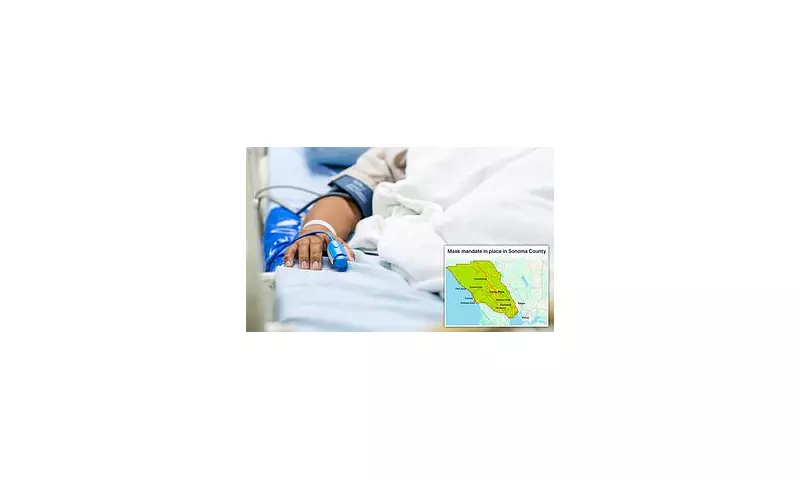
Health authorities have confirmed the first influenza-related death of the current winter season, raising concerns about the potential severity of this year's outbreak. The tragic case has prompted urgent warnings from medical experts as the nation braces for the traditional peak of flu activity.
Rising Cases Trigger Alarm Bells
Public Health England data reveals a steady increase in flu cases across multiple regions, with hospital admissions showing a concerning upward trend. The confirmation of this season's first fatality comes earlier than in previous years, suggesting a potentially more aggressive flu strain may be circulating.
Vulnerable Groups at Highest Risk
Medical professionals are particularly concerned about elderly patients, young children, and those with underlying health conditions. Individuals with compromised immune systems, respiratory conditions, and chronic illnesses face significantly higher risks of developing severe complications from influenza infection.
Vaccination Drive Intensifies
The NHS has accelerated its flu vaccination programme, targeting priority groups including:
- All adults over 65 years old
- Pregnant women
- Children aged 2-11 years
- Frontline health and social care workers
- Those with specific medical conditions
Health officials emphasize that vaccination remains the most effective defence against severe illness and hospitalization.
Symptoms Demanding Immediate Attention
Medical experts advise the public to be vigilant for key warning signs that require prompt medical assessment:
- Sudden high fever exceeding 38°C
- Severe muscle aches and joint pain
- Persistent dry cough and breathing difficulties
- Overwhelming fatigue and weakness
- Worsening of existing medical conditions
Anyone experiencing these symptoms, particularly those in high-risk categories, should seek medical advice without delay.
Preparing for Winter Pressure
Hospitals across the UK are implementing winter contingency plans to manage the anticipated surge in respiratory cases. The combination of seasonal flu with ongoing COVID-19 surveillance creates additional challenges for healthcare providers already facing significant pressure.
Public health leaders stress that simple preventive measures – including regular hand washing, proper respiratory hygiene, and staying home when unwell – can significantly reduce transmission rates within communities.





